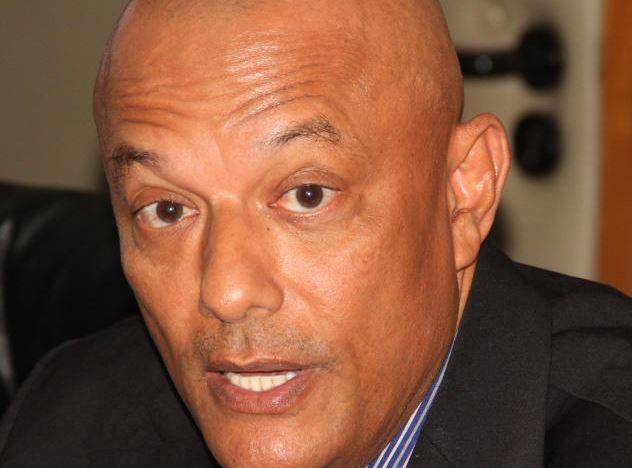×
The Standard e-Paper
Home To Bold Columnists

EACC CEO Twalib Mbarak. [Edward Kiplimo, Standard]
The outbreak of Covid-19 in the country forced organisations to embrace technology for virtual meetings and training.